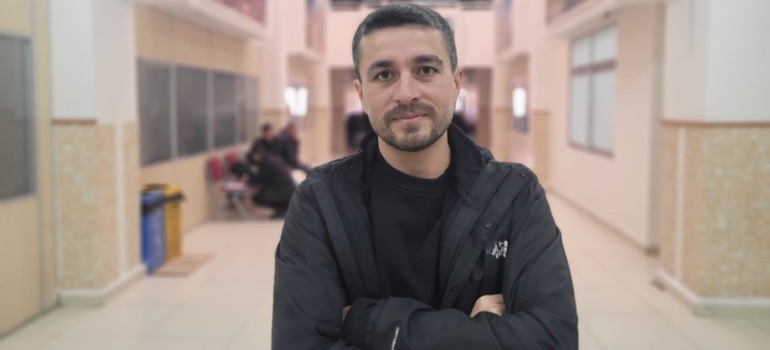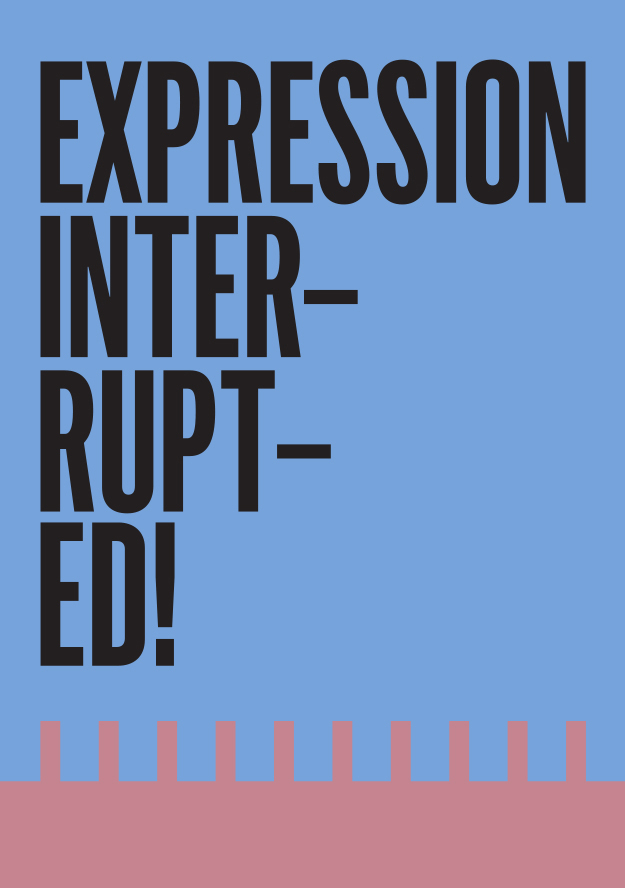Journalists and academics bear the brunt of the massive crackdown on freedom of expression in Turkey. Scores of them are currently subject to criminal investigations or behind bars. This website is dedicated to tracking the legal process against them.


Penned by lawyer Benan Molu, the third-party legal opinion examines the case against journalist Ahmet Kanbal within the framework of international and European human rights law principles
Punto24 Platform for Independent Journalism (P24) has prepared an expert opinion on the case filed against journalist Ahmet Kanbal on the charge of “publicly disseminating misleading information” under Article 217/A of the Turkish Penal Code (TCK) over a social media post he had shared regarding a ballot box that had gone missing during Turkey’s May 2023 general elections.
Prepared at the request of Kanbal’s lawyer Erdal Kuzu, the expert opinion was written by Benan Molu, a lawyer registered with the Istanbul Bar Association No. 1, who specializes in European human rights law and individual applications to the Constitutional Court and the European Court of Human Rights (ECtHR).
A criminal investigation on the allegation of “publicly disseminating misleading information” was launched against Kanbal this summer due to his social media post about allegations regarding the ballot box no. 1363 in Mardin province that had gone missing during the 14 May general elections. The indictment was accepted by the Mardin 1st Criminal Court of First Instance.
Kanbal’s trial began on 18 October 2023. At the first hearing, the court ruled to request the original version of the petition about the missing ballot box filed by the Green and Left Party (YSP) representative with the district electoral board and for the president of the said ballot board to be heard as a witness in court. The second hearing of Kanbal’s trial was scheduled for 13 December 2023.
Kanbal’s lawyer, Erdal Kuzu, submitted the expert opinion to the trial court during the second hearing of the journalist’s trial.
The expert opinion examines the accusation against Kanbal within the framework of international law and European human rights law with a particular focus on European Court of Human Rights (ECtHR) judgments regarding freedom of expression and media freedom, which are binding for Turkey in accordance with international law.
The expert opinion makes reference to Venice Commission opinions regarding media coverage of elections and principles set out in relevant judgments by the ECtHR, highlighting the importance of freedom of expression and freedom of the press for the supervision of elections.
The expert opinion states that Kanbal informed the public within the scope of his duty and responsibility as a journalist and posted a new tweet by quoting his first tweet, stating that the missing ballot box had been found.
The expert opinion reads: “P24 is of the opinion that, under these circumstances, there is no data to prove that Kanbal had acted with the intention of creating anxiety, fear and panic in the public. As a journalist, Kanbal did not aim to disrupt public peace. On the contrary, he aimed to prevent the disruption of election security and public order in the event of a ballot box being lost and to eliminate a threat to the democratic system in general. For this reason, we are of the opinion that the elements of the crime of ‘publicly disseminating misleading information’ regulated under Article 217/A of the Turkish Penal Code are not present.
“The ECHR has concluded that, even if they are eventually acquitted, as long as it does not contain explicit calls for violence or hate speech, the numerous lawsuits filed against them and the fact that journalists live under the threat of punishment for many years will lead to self-censorship and a form of harassment, thus having a deterrent effect on the conduct of public debate. He finds that the automatic use of the TCK and the TMK without any examination in terms of content and context in cases filed due to the exercise of freedom of expression and press is contrary to freedom of expression. Moreover, considering the number of investigations and the duration of the trials, this is considered a form of harassment.
“Although the elements of the crime are not present, a prison sentence of one to three years is requested for Kanbal. This situation is incompatible with the ‘watchdog’ role of journalists.
“Considering the fact that the ECtHR has found the intervention against journalists who were never arrested and were only fined to be disproportionate and to have a deterrent effect, P24 is of the opinion that this intervention, which carries the risk of imprisonment from one to three years for Kanbal’s tweet that does not contain any hate speech or incitement to violence, does not meet the requirement of legality and cannot be considered a proportionate intervention in a democratic society.
“In light of the above-mentioned opinions and ECtHR decisions, P24 believes that this case filed against Ahmet Kanbal and the prison sentence that may be given to Kanbal, who is thought to have been subjected to judicial harassment due to his tweet, are incompatible with the freedom of expression and the press safeguarded in the Constitution and the Convention and that it could violate the prohibition of restriction of these rights and freedoms for political reasons.
The second hearing of Kanbal’s trial was held on 13 December 2023 at the Mardin 1st Criminal Court of First Instance. P24 monitored the hearing, at the end of which the court acquitted the journalist on the grounds that the legal elements of the alleged offense were not present. Further information about the hearing can be found in this report.
The full text of the expert opinion (in Turkish) can be found here.
